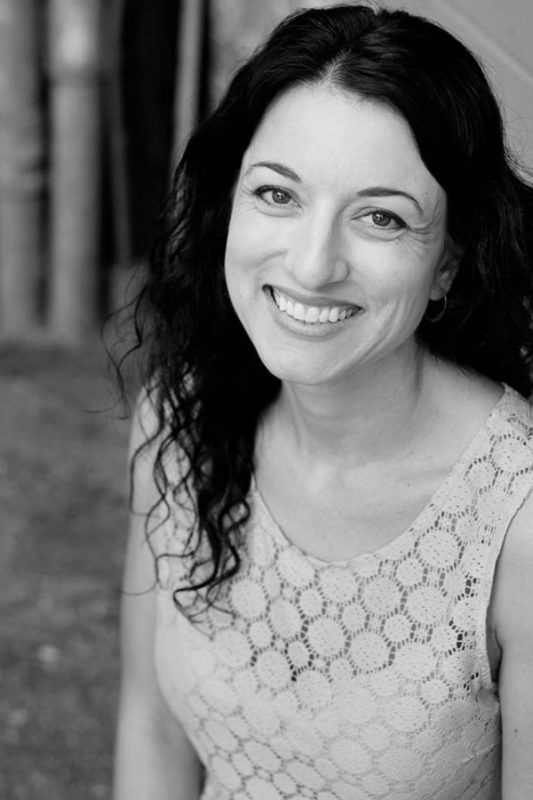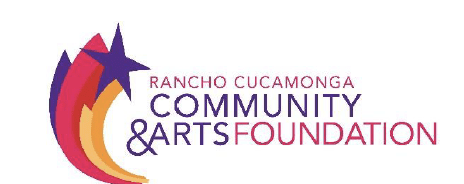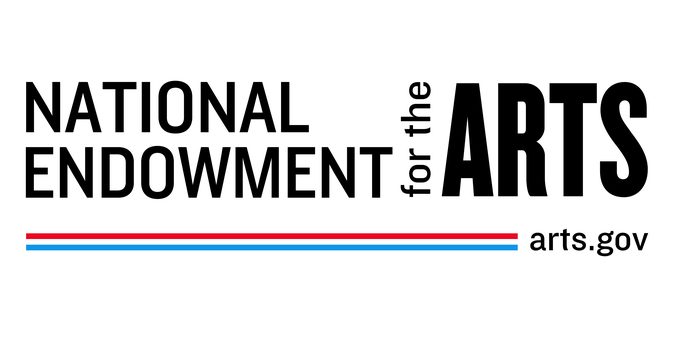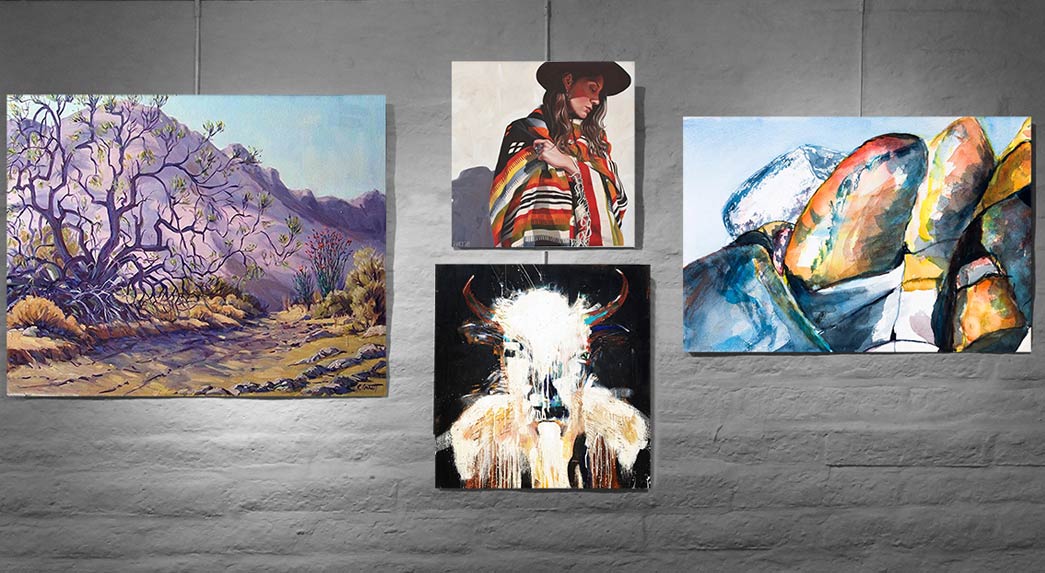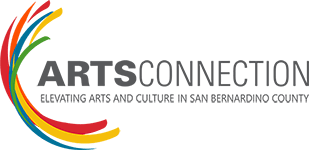Citrus has played a big role in the formation of our Inland Empire communities. From Riverside to Corona, to Rialto and Redlands, our towns were built on those bittersweet fruits. It is only fitting then, that an organization such as the Wild Lemon Project helps build our burgeoning literary and artistic community.
Chances are, if you have attended an event around the Redlands and San Bernardino areas, the Wild Lemon Project was probably involved in some way–promoting, organizing, food, or bringing in poets, artists, and musicians. It is one of the many organizations that have been growing in what seems to be an artistic and literary renaissance in the Inland Empire.
Jessica Wyland, photographer and writer, is the founder of the Wild Lemon Project. She grew up in San Bernardino but has traveled all over the country writing and developing her art. A true daughter of the IE, Jessica returned several years ago and replanted herself in this fertile soil. Lucky for us. She recently invited me to her office where we talked about the beginnings of the organization, still in its infancy, where it has been, and where it is headed.
Isabel Quintero: You are obviously very busy with the Wild Lemon Project, you work full time, and you’re a mom. But I know you just received the 2013 Woman of Distinction Award from Congressman Paul Cook. Congratulations. How did that feel? I know that on the Wild Lemon website you talk about, [in regards to the award], “the work [you] are all doing to embrace and nurture art and literature in our community.” What is that work? And who is all doing it?
Jessica Wyland: Well, one of the things that prompted me to start the Wild Lemon Project was that I have lived in another places; I’ve lived in New Mexico, Santa Fe, San Francisco, England, I’ve lived in L.A., I’ve traveled throughout the U.S., I’ve traveled through Europe. I’ve been to places that are considered cultural meccas or high cultural centers, and then I’ve lived in the Inland Empire, and people look down on the Inland Empire and I see the talent is equal to anywhere else I’ve been. I mean the writers are just as good, the artists are just as good, but the thing that’s different is that we don’t have the support system like other cities do.
IQ: When I spoke with Dotti and Ernie Garcia, that is one of the things they said. That we get a lot less in non-profit funds in San Bernardino than, let’s say, Los Angeles.
JW: I think there was a study…[that looked at] where there are holes in art and culture in California, and the Inland Empire and the Inland Central Valley, those [lacked] the most funds and opportunities. That’s one of the reasons I started [Wild Lemon Project]. I thought at least this will help. This will bring people together. We can put on events, we can promote events, we can be a place for people to go to connect with each other. The people are [working] with me, when I say “we,” I mean the larger community of artists and writers that I’ve met since we’ve started the Wild Lemon Project. We have a strong board; myself, Cynthia Wyland Camper, Rebecca Trawick, Karen Fojas Lee, Sara Demoss, and our poetry editor, Casey Goodson. But we also have loose affiliations with other groups like [PoetrIE], local artists and writers we’ve worked with, and we have really strong connections at Cal State San Bernardino, the community is really involved, the teachers and students are just amazing. There is so much talent and enthusiasm there.
IQ: Especially with the newish M.F.A. in Creative Writing program. People really wanted that and needed that in this community. I completely agree with you in that there are so many talented people here that go off to different places instead of staying and building community here.
JW: It’s understandable…because how can you focus on creating these opportunities for yourself while pursuing your art and your writing. My first job out of college, I had an internship for the mayor of San Bernardino, back then it was Judith Valles, and the woman that I worked for told me, “You’re supposed to bloom where you’re planted. Make your own city or town a better place.” I thought, “That’s hard.”… But once I decided I was staying here, I wanted to do something for the community.
IQ: We’re happy you did.
JW: Thank you.
IQ: We’ve already talked a little bit about the Wild Lemon Project; you write reviews, put on art shows, put on readings, and promote artistic events throughout the literary and art community in the IE. The question is, why do you think this is necessary? What is the ultimate goal of the Wild Lemon Project?
JW: I intend for the Wild Lemon Project to evolve naturally. So, if there is a writer, a group of writers, an artist, that have an idea, then I want to serve to help them. Let’s say they want to put on a show. Well, we’ll help them find a place, we’ll help publicize the event, we’ll bring food vendors to donate, or get a musician to come and play. If it’s a group of artists putting on a show, then we’ll get a group of poets to do a reading at the same time. That’s our ongoing goal; just to help put on events and promoting on the website. I’d like to get more people involved who can do just that, and almost function independently. I’d love to have representatives from all over the cities we want to serve. Say, you’re the representative from Rialto. You go around Rialto looking for opportunities for artist and writers; find a coffee shop for a poetry reading, find a restaurant that wants to host an art show each week. As the representative from your city, that’s your function and the rest of the Wild Lemon Project supports you but you’re the contact person. Like Fontana has the Arts Depot. I’d love to have a representative from Fontana who’s in touch with the Arts Depot so we can promote their events, and maybe we could put on a show at the Arts Depot.
IQ: That makes a lot of sense, because then you branch out and you’re not the only woman responsible for building the community because each city has a representative. I know there are people who are interested in doing just that and I am sure after reading this interview you will be inundated with willing participants. But I would like to move on to how you got your name, the Wild Lemon Project.
JW: How did we get the name? I was studying the relationship between agriculture and people (at Cal State San Bernardino), it was interesting to me. My hypothesis was that people who live in a certain place have similar characteristics to agriculture that thrives in that place. I started doing research about citrus and this area; learning about how citrus came to California and how it helped create this identity for California as a utopia–it’s always sunny, you can grow oranges in the winter. At the same time I was having these thoughts about how this area has a lot of talent and passion for art and writing but you wouldn’t know it from an outside view. Then, I was buying eggs from a woman in Redlands and she was telling me about how a lot of the orange groves were grafted on to wild lemon tree stock [because] the wild lemon is heartier than the oranges. And it’s true, lemon trees do so well here. If you’ve ever had a lemon tree in the Inland Empire, that thing just lives forever, no matter what! It’s always producing fruit, more than you can handle. I started thinking, the lemon tree is like the people here. It’s an immigrant, like most of us are. Wild lemon trees like space, they don’t like to be too crowded like orange trees. They’re hearty–sometimes the fruit is sweet, sometimes it is sour. I just started seeing all of these similarities between the people and the wild lemon tree. And my study of agriculture met up with my desire to help contribute to the literature and arts community, and then the name came.
IQ: I like that. I like that story. It’s not like, “We were sitting around and said, ‘Wild Lemon!’ That sounds cool.” It is very meaningful. Changing gears here, I wanted to talk about one of the Wild Lemon Project’s projects. I thought that the “This is My Selfie Exhibit” was really interesting. Can you talk a little bit about why you started that and whether it will ever be a live exhibit? Or if it will continue to only exist online?
JW: I would love for it to be a live show someday, but right now it’s just living on the website that way. What prompted it? Well, I think selfies are just fascinating. I remember when I was a kid, I had this little rectangular camera…I got it for my birthday and I took pictures of my cat, my bedroom, and I remember taking some pictures of myself. And then you’d go and drop off the film and there’s all that time. But what’s so amazing now is that with your phone you can take it instantly and you can see exactly how you look before you take the picture. You can pose yourself. I thought, this has a deeper meaning because you can capture your own image, just the way you want it to appear. It’s very personal, and very independent. You don’t have to rely on anyone else. I see a lot of people who post selfies in the car, they must have been looking in the mirror and they saw how they looked and they took a picture. But then at the same time it’s not independent because you’re sharing it out with your friends. You want praise. You want positive response. So, while it’s independent, taking your own picture, you’re also very needy; solicitous of feedback. I thought, this is just a strange phenomenon. You’re sharing something vulnerable in a way, because you’re taking/sharing a picture of yourself, but you’re also having power because you can make sure that the picture is exactly how you want it to be.
IQ: As opposed to before, when you used film and you may have only gotten half of your face, or the light wasn’t right.
JW: Right. You won’t even know. And if someone else takes your picture then you can’t quite control how you’re going to come out. It is an interesting thing that’s happening, and I love pop culture, and how everything is changing because of the internet–how we interact with each other, how we communicate. And the selfie is this trendy thing that’s happening and I thought let’s have people write about it too, and we got some really great stuff.
IQ: And you’re still collecting, right?
JW: It’s an ongoing exhibit, online. At some point, someday I would love to have an actual live show.
IQ: What else do you see or want for the future of the Wild Lemon Project?
JW: We’re constantly moving the organization forward, at the right pace for everyone involved. I’m happy with where it is now and hopefully with where we’re moving. You meet new people and it takes on a new energy and it starts turning into someone else. I met a new artist at Augie’s…and she had this idea for Parking Day and it was on September 20th, and a month before that I had never heard of Parking Day. Things like that, magical things happen if you’re open for those opportunities. IQ: I hope we are all open to magical opportunities like those, because I think that is the only way to help build an artistic and literary community in the
IE. Thank you so much for talking with me, Jessica.
For more information about, or to get involved with, the Wild Lemon Project please visit http://wildlemonproject.org/
